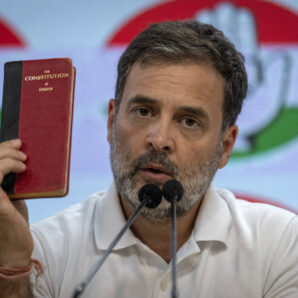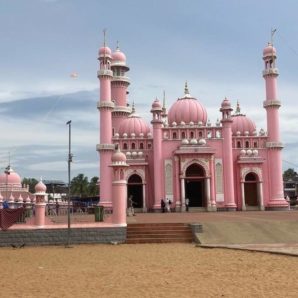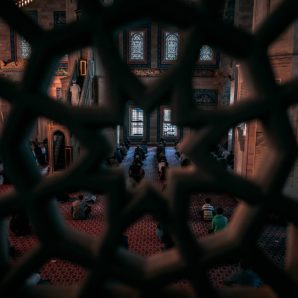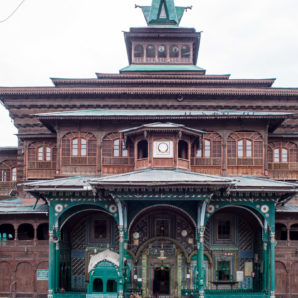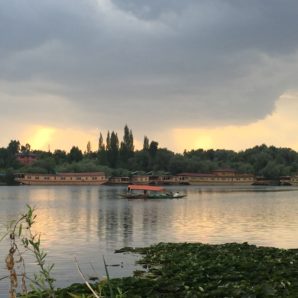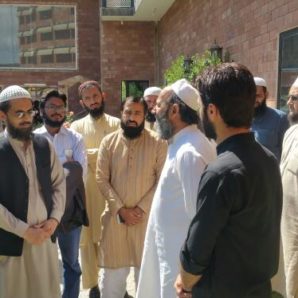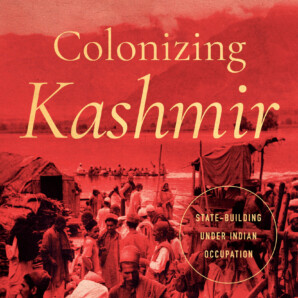
Introduction to Symposium on Colonizing Kashmir
Series: Symposium on Colonizing Kashmir
What happens when the postcolonial state itself becomes an agent of colonization and not merely one of its victims?
Read More →
What happens when the postcolonial state itself becomes an agent of colonization and not merely one of its victims?
Read More →

